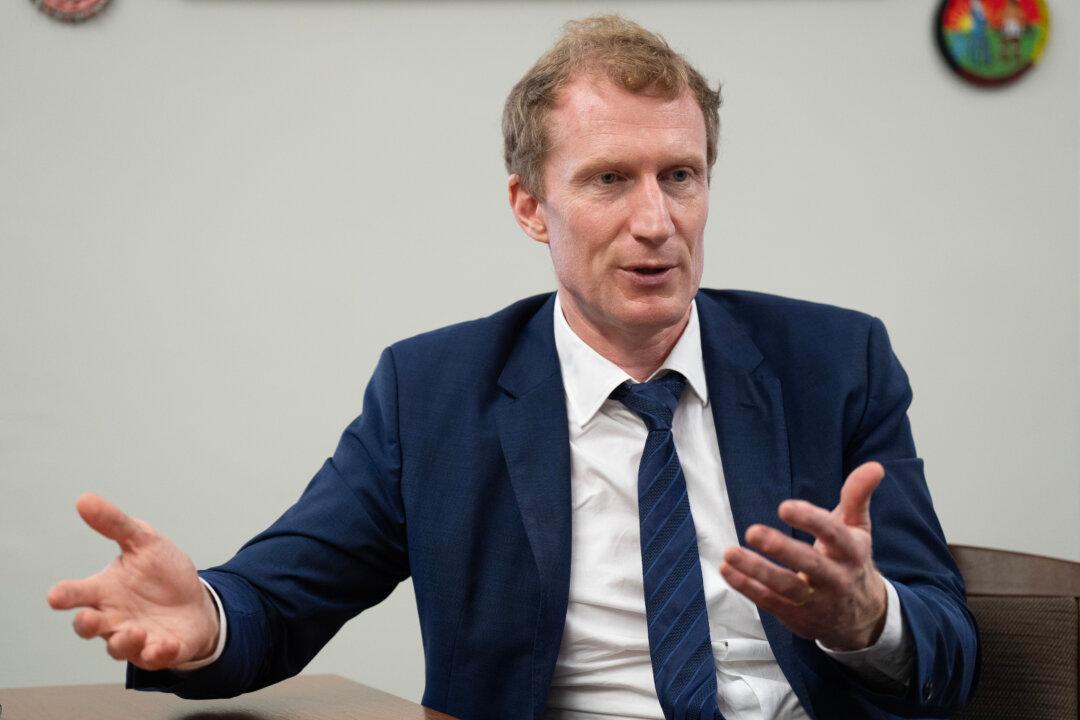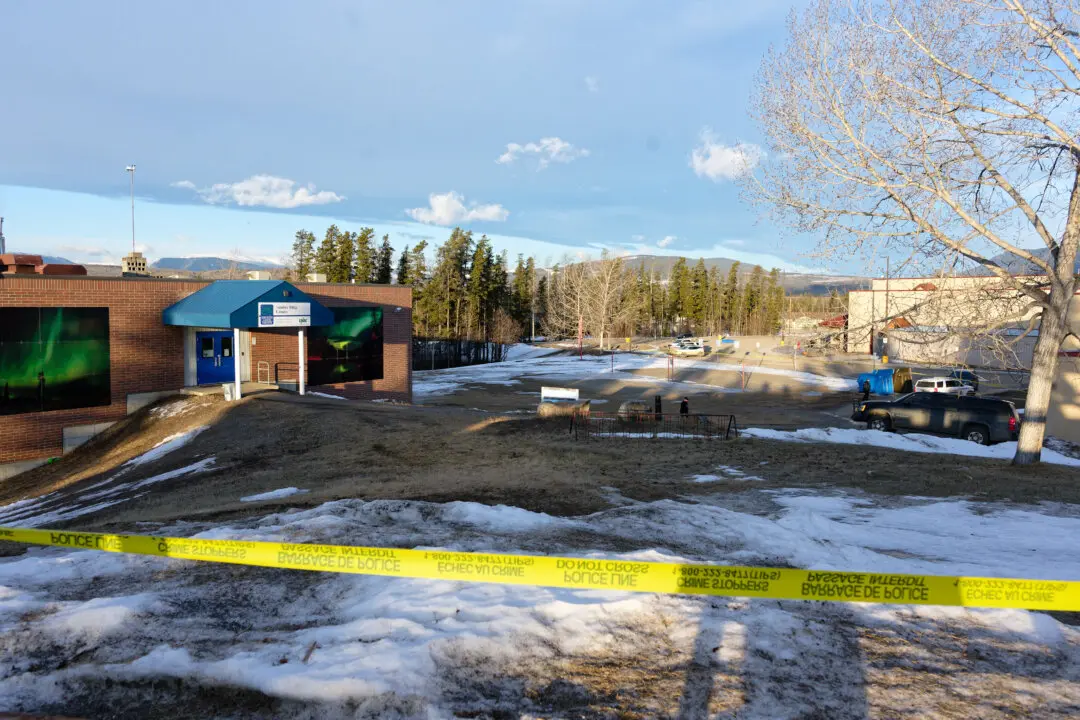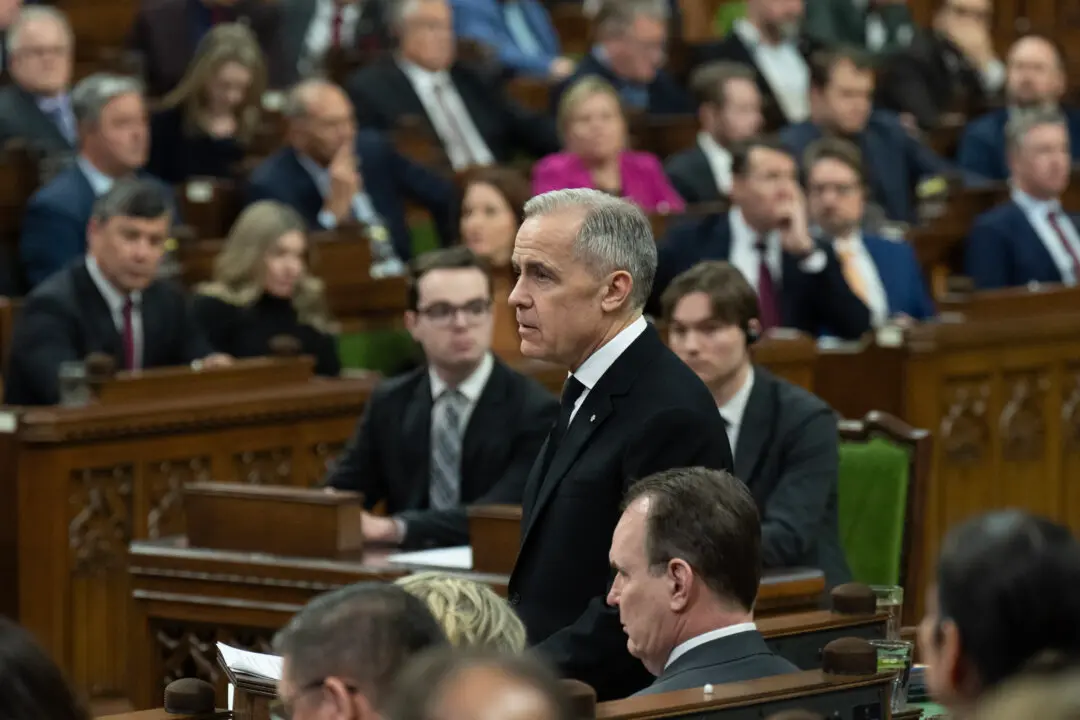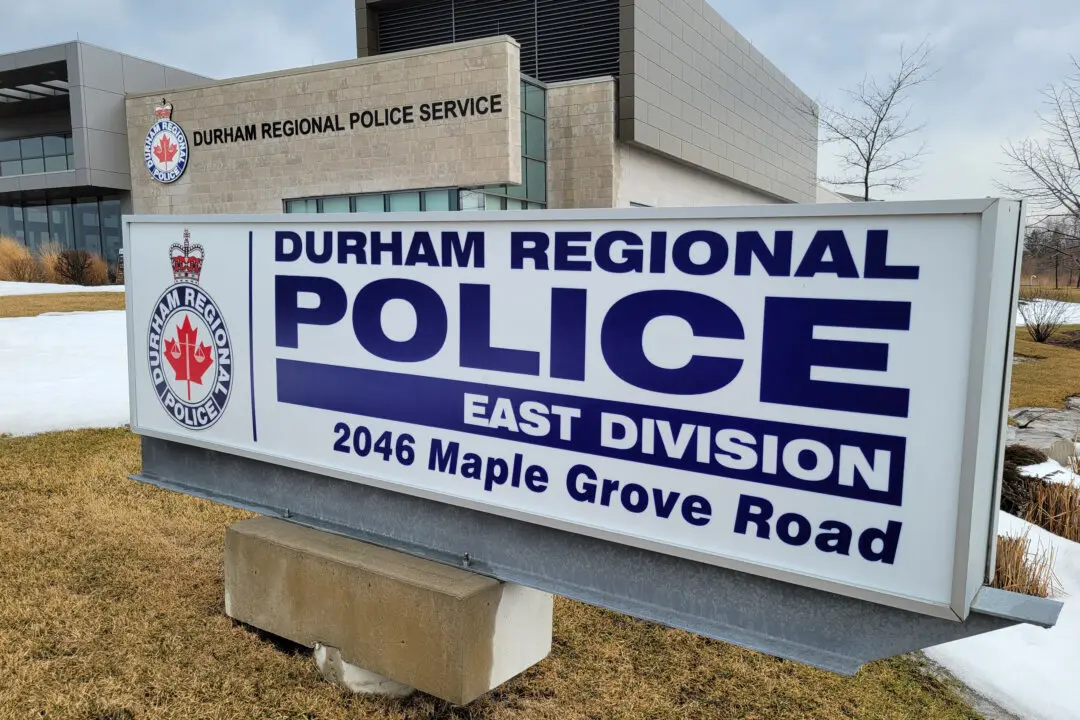The increasing number of international students seeking asylum in Canada after entering on student visas has become an “alarming trend,” says Immigration Minister Marc Miller.
Applicants are using the international student program as a “backdoor entry into Canada,” Miller said during a Sept. 22 interview on Global’s The West Block with Mercedes Stephenson. He described the asylum bid as a way for foreign students to reduce their tuition costs.





